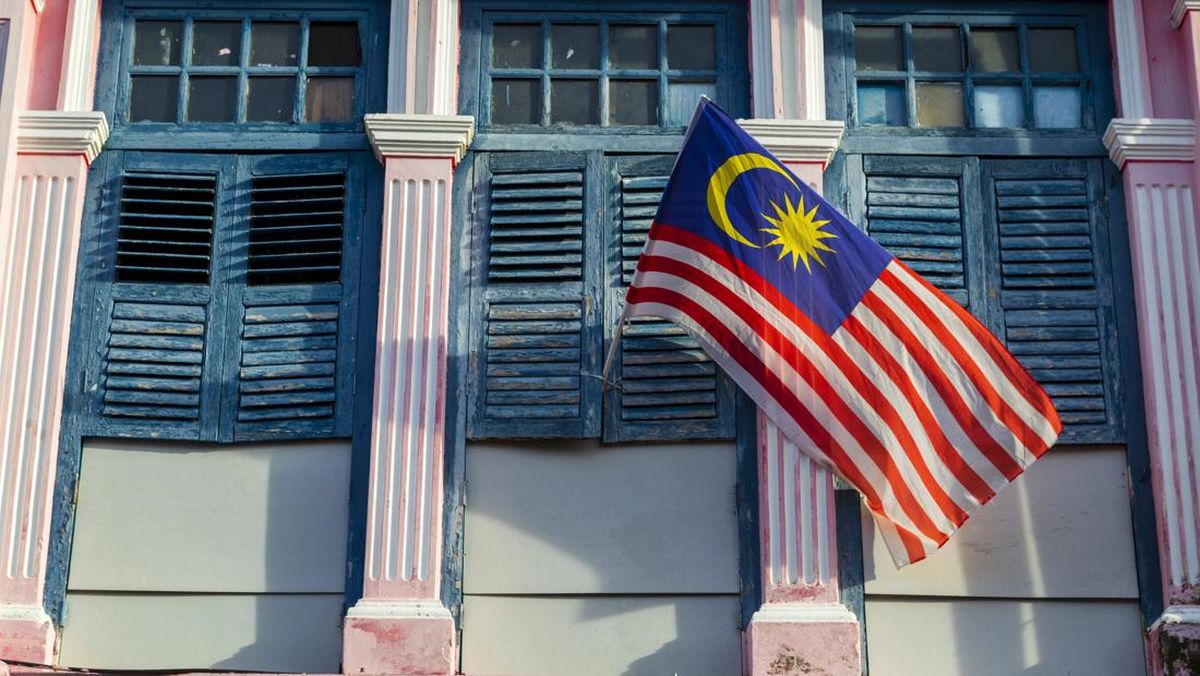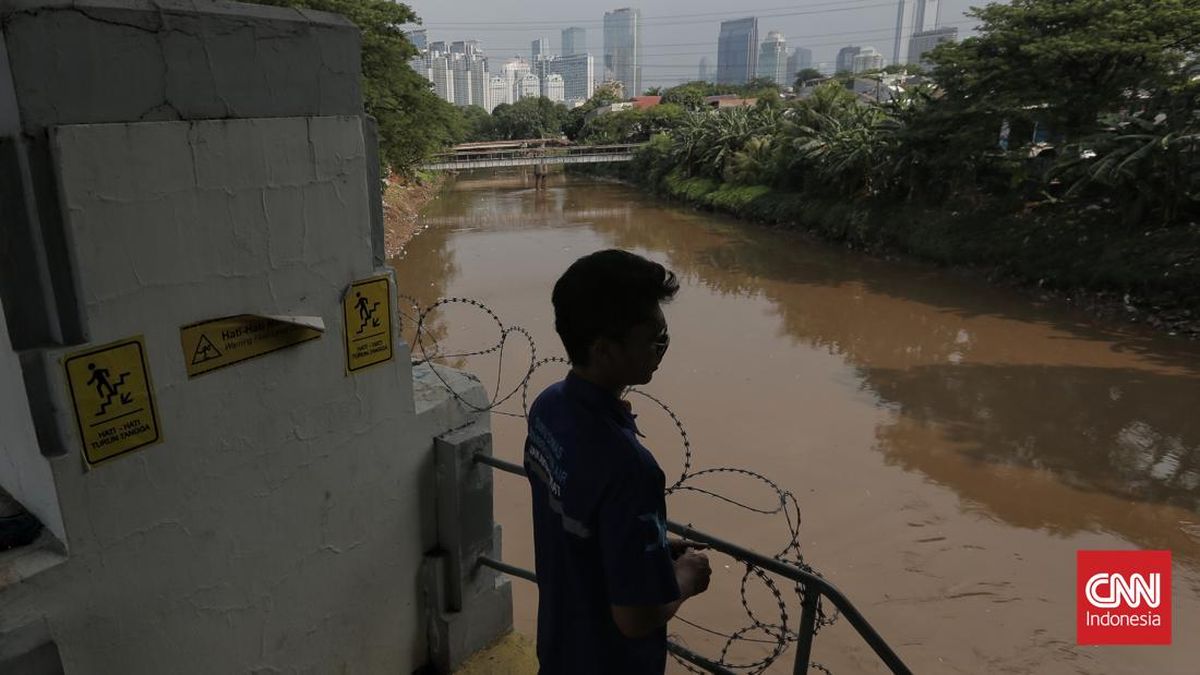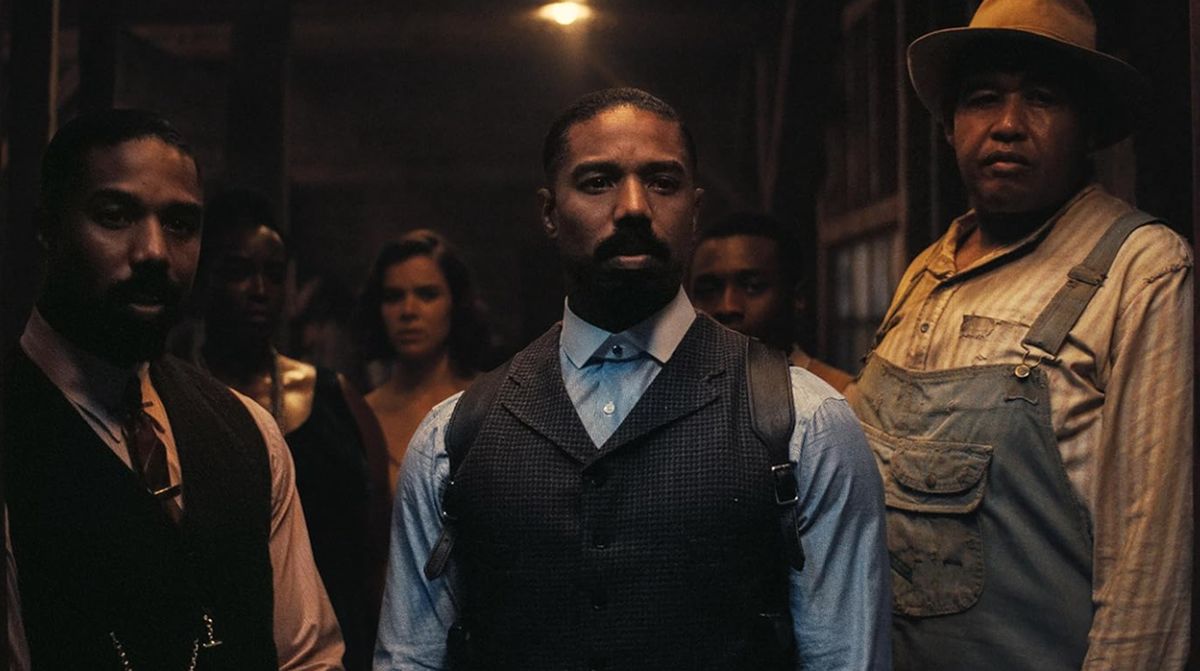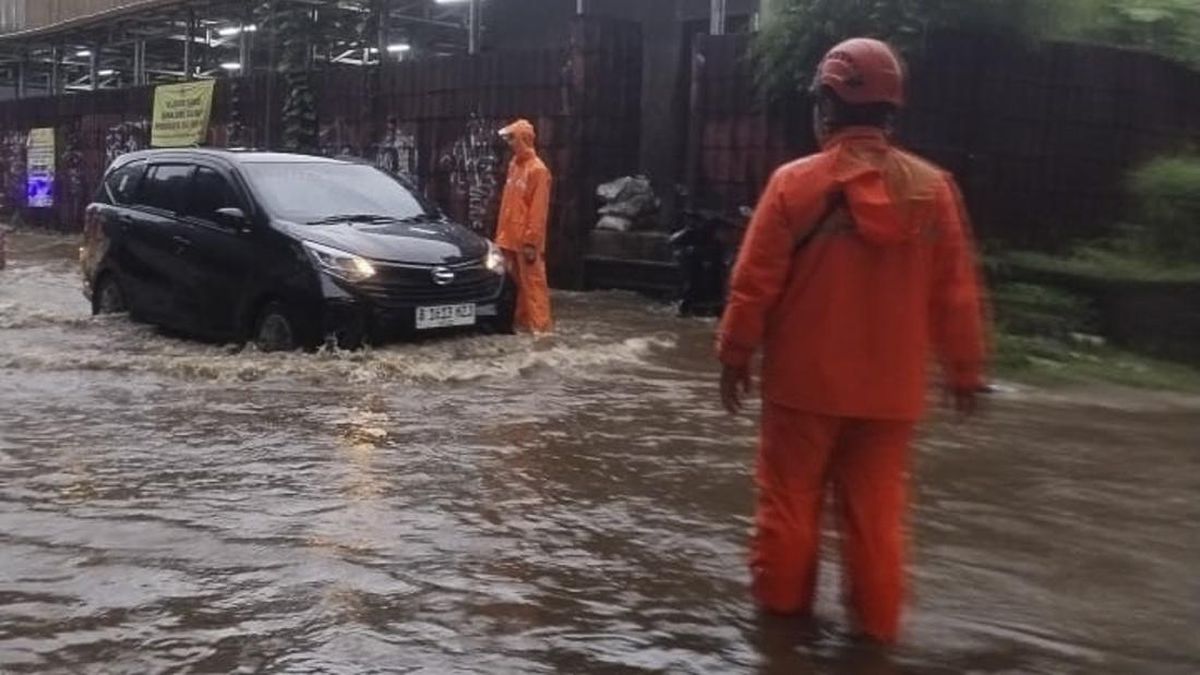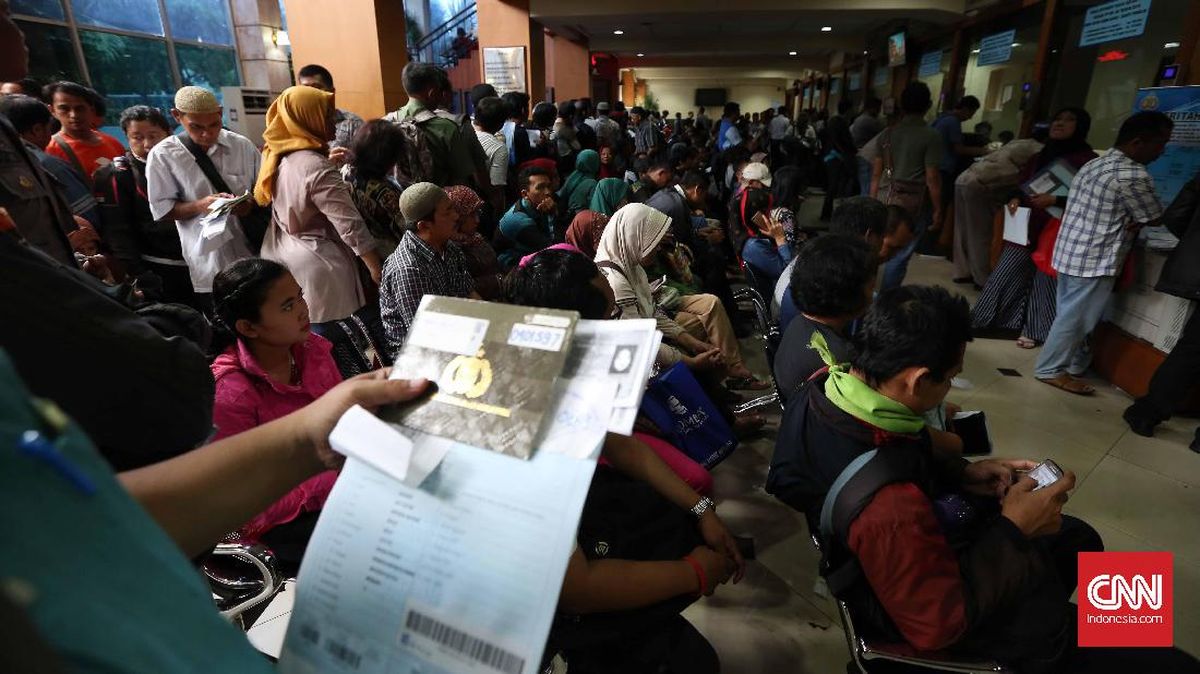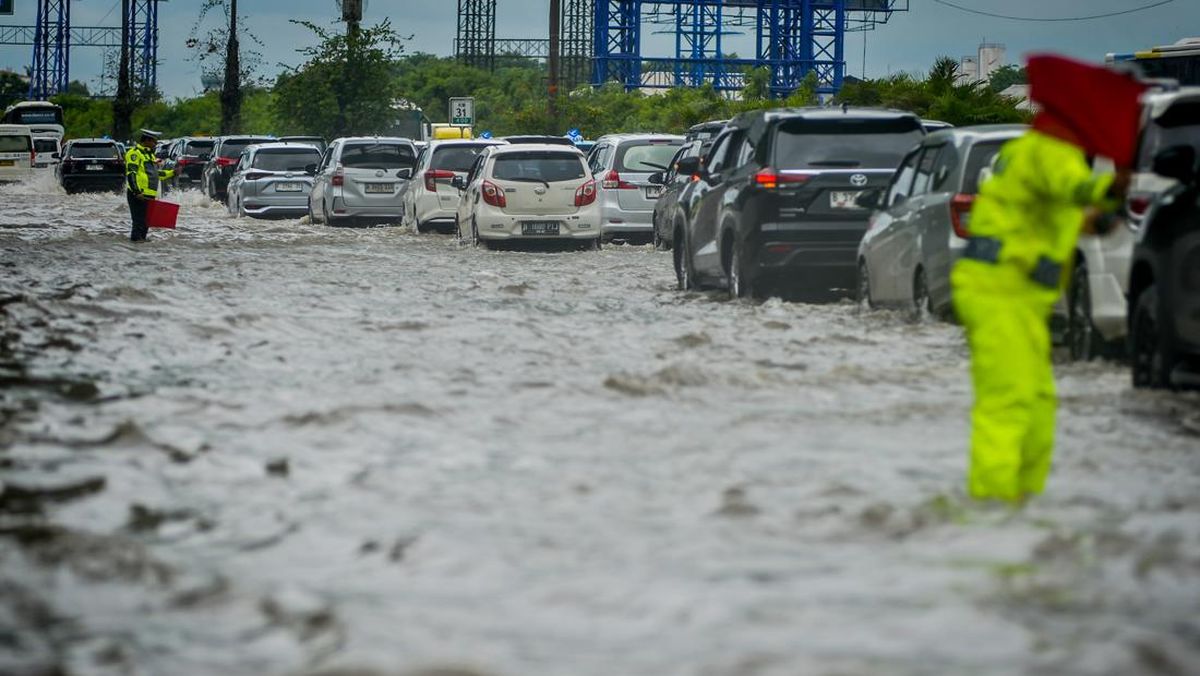Opinion
September 21, 2025 — 5.01am
September 21, 2025 — 5.01am
It’s no secret that politics has a huge impact on our money. From the income taxes we pay to the policies that politicians promise to make living more affordable, our wallets and politics are inextricably tied together.
But sometimes it can be easy to forget that the reverse is also true, and that how we choose to spend our hard-earned money – or not spend it – is also inherently political.

Even a choice as simple as where you buy your coffee in the morning is political. Credit: iStock
Aside from being a basic necessity that we need to live, one of the things I love most about money is the freedom it affords. From everyday decisions such as which supermarket to shop at, to taking public transport, driving a car or grabbing an Uber, all the way to bigger decisions such as sending our children to government-funded or private schools or the institution we bank with, millions of choices suddenly open up to us when we have money in our pockets.
These choices also give us the power to decide what’s important to us and to make that known. Perhaps not in a “post it on LinkedIn” or “update the social media bio” kind of way, but in a way that, at the very least, makes it known to companies, politicians and policy experts behind the scenes.
Even for something as small as buying a morning coffee, the impact of that purchase will be vastly different if it’s from a local cafe or a chain service station or convenience store.
While one puts money directly into a small business, the other goes to a conglomerate. Neither option is inherently good or bad, right or wrong, but the flow-on effect has a huge impact – whichever decision you take.
The idea that any of us can be truly apolitical when it comes to our finances isn’t just a fallacy, it’s a wasted opportunity.
This relationship between money and politics is something I’ve been thinking about a lot over the past few days. In part because it’s my job to talk about money, so it’s constantly on my mind, but more specifically at present because last week a number of people felt the need to tell me on social media to “stay in my lane” and “not get political”.
It wasn’t the unsolicited advice that took me back so much as the fact that so many people still don’t seem to appreciate that even if you don’t consider yourself to be a political person, or if you are someone who doesn’t like to discuss politics – and you’re entirely within your rights to feel that way – your money is political.
And the companies and institutions that benefit from your hard-earned income definitely are too.
Loading
Take, for example, investments and superannuation funds. Over the past decade in Australia, there has been a substantial increase in demand for ethical investments that allow people who care deeply about the environment and climate change to invest in a way that aligns with their values.
According to research from the Responsible Investment Association Australasia, the number of Australians expecting their investments to be ethical and responsible grew from 83 per cent in 2022 to 88 per cent in 2024.
Similarly, 65 per cent of Australians said they would invest more if their investments were to have a positive impact in the world (compared with 61 per cent in 2022).
At the same time, a 2024 survey from Monash University found 46 per cent of Australian shoppers now consider sustainability when they make a retail purchase, while 30 per cent report frequently looking for sustainable options among products or items of shopping. That in itself is sending a clear and informative message to Australian businesses about priorities and principles.
Or remember in February 2021 when we were all still in the thick of COVID-19 pandemic hell, and it came to light that retail giant Harvey Norman had netted a cool $462.03 million profit after tax in the final six months of 2020?
For the public, the problem wasn’t the company’s record profits (a 116 per cent increase from the same period the year before) so much as the fact that it had accepted $22 million in taxpayer funds via JobKeeper over the same period and said it had no plans to return it.
Unsurprisingly, this didn’t sit well with the many Australians who had either lost their jobs or had their hours cut and were struggling to make ends meet.
Pretty quickly, once-loyal customers were threatening to spend their money with competitor businesses that better aligned with their values. By August, the reputational damage and sustained pressure from the public and government became so great that Harvey Norman announced it would pay back a portion of the JobKeeper payments.
Or how about when much of Australia was being ravaged by the devastating Black Summer 2019-20 bushfires? In that instance, Australians quickly opened their wallets as a way of showing that for those of us lucky enough not to have lost everything, it was important to financially support people in need. From public donations alone, more than $640 million was raised for relief and recovery efforts.
Loading
According to a survey for the Fundraising Institute of Australia, over the course of just three days (January 16-19, 2020), 53 per cent of all Australians donated to at least one bushfire appeal, with a median donation value of $50.
While that donation is unquestionably an act of kindness, collectively it sent a very loud message about what is important to us, and served as a clear statement to politicians, not least those who had been on tropical holidays as the fires burned.
It’s not a coincidence that one of the biggest topics of this year’s federal election campaign was cost-of-living relief. From asking both leaders whether they knew the price of basic grocery items to quizzing them on their intentions to help their children get onto the property ladder, one of the most important responsibilities politicians face is deciding how and where they will spend our money.
But we need to remember that it goes both ways. Economists, public policy experts and politicians spend a lot of time tracking how and where we spend our money to understand where the demand is, what our priorities are, and where the gaps are too. That’s why our financial decisions can have so much power.
The idea that any of us can be truly apolitical when it comes to our finances isn’t just a fallacy, it’s a wasted opportunity to make your lane count.
Victoria Devine is an award-winning retired financial adviser, bestselling author and host of Australia’s No.1 finance podcast, She’s on the Money. She is also founder and director of Zella Money.
- Advice given in this article is general in nature and is not intended to influence readers’ decisions about investing or financial products. They should always seek their own professional advice that takes into account their personal circumstances before making any financial decisions.
Expert tips on how to save, invest and make the most of your money delivered to your inbox every Sunday. Sign up for our Real Money newsletter.
Most Viewed in Money
Loading

